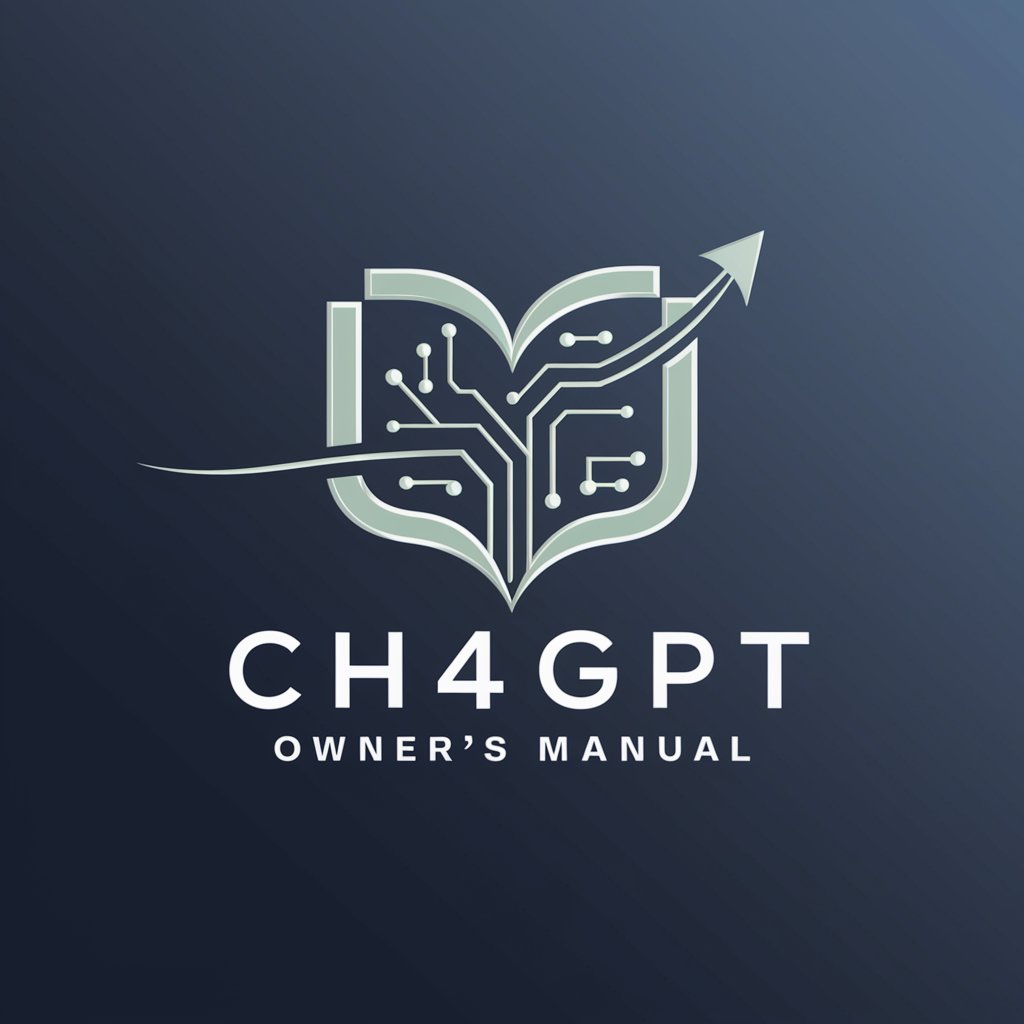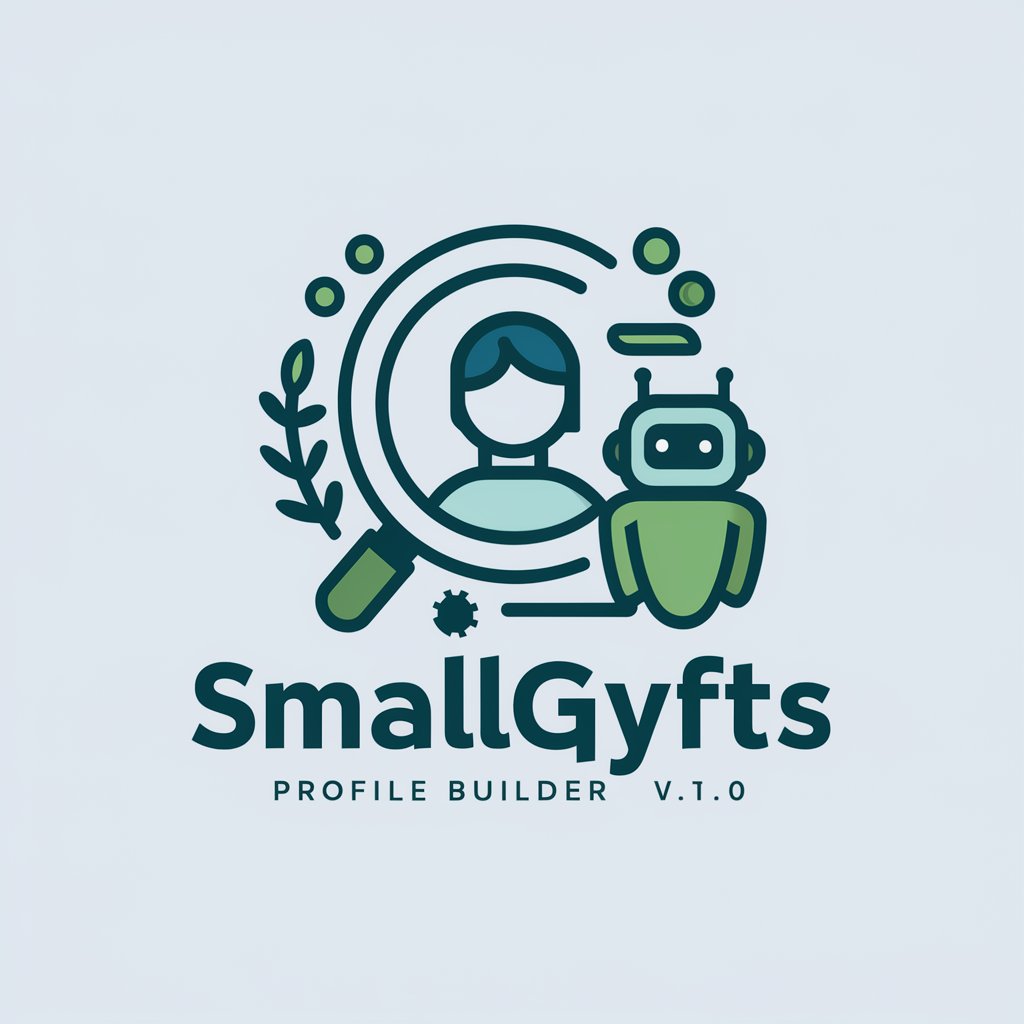
Lua Logic: Elevate Your Control Flow Skills - Lua Programming Enhancer

Welcome! Let's dive deep into Lua programming and unlock its dynamic potential together.
Elevate Your Control Flow with AI
Explore advanced control flow techniques in Lua, focusing on first-class functions and their applications in...
Discover how to utilize Lua's unique features to create dynamic and maintainable applications by...
Learn the best practices for using Lua's first-class functions to enhance program flexibility and efficiency in...
Understand the importance of Lua's error handling mechanisms, such as 'pcall', to build robust applications that...
Get Embed Code
Understanding Lua Logic: Elevate Your Control Flow Skills
Lua Logic: Elevate Your Control Flow Skills is designed to guide programmers in leveraging Lua's first-class functions and dynamic features for creating sophisticated control flow mechanisms within applications. It emphasizes clean, maintainable coding practices, demonstrating how Lua's lightweight, flexible syntax and powerful features can be used to develop dynamic programming solutions. For instance, using anonymous functions for event-driven programming allows for concise, readable code that is easy to debug and maintain. Additionally, showcasing Lua's capability for closures helps in creating private data environments, enhancing code modularity and reusability. Powered by ChatGPT-4o。

Core Functions and Real-World Application
First-Class and Higher-Order Functions
Example
Using higher-order functions to create a customizable logging system that can filter messages based on severity levels.
Scenario
Developers can pass different filtering functions to the logging system to dynamically change the output based on the current need, such as debugging or production environments.
Closures for State Encapsulation
Example
Creating a function that generates unique IDs using closures, ensuring that the ID value is private and persists across function calls without global exposure.
Scenario
This is particularly useful in applications requiring unique identifiers for objects or sessions without exposing the internal counter to the global scope, enhancing security and integrity.
Error Handling with 'pcall'
Example
Safely executing a file loading function with 'pcall' to catch and handle errors without crashing the program, allowing for graceful degradation or recovery.
Scenario
In a game, loading user-generated content might fail due to format issues. Using 'pcall' allows the game to notify the user of the error and continue running smoothly.
Tail Call Optimization for Recursive Functions
Example
Implementing a recursive function to navigate complex data structures, like trees, without incurring the penalties of deep recursion limits.
Scenario
Analyzing a deeply nested JSON file where traditional recursion might exceed stack limits. Tail call optimization allows for efficient processing without stack overflow.
Target User Groups
Game Developers
Lua is widely used in game development for scripting. Game developers can utilize Lua Logic to create complex game mechanics, AI behaviors, and user interfaces with dynamic control flows, enhancing gameplay and user experience.
Embedded Systems Programmers
Programmers working on embedded systems can benefit from Lua Logic by using Lua's lightweight footprint to implement efficient control flows in resource-constrained environments, such as IoT devices.
Web Application Developers
Using Lua within web servers like OpenResty, developers can efficiently handle web requests with dynamic routing and response generation, benefiting from Lua Logic's emphasis on maintainable and scalable code.
Educators and Students
Educators teaching programming concepts and students learning them can leverage Lua Logic as a concise, approachable way to understand complex programming principles like closures, recursion, and functional programming.

How to Use Lua Logic: Elevate Your Control Flow Skills
1
Begin your journey by visiting yeschat.ai for a complimentary trial, no sign-up or ChatGPT Plus required.
2
Explore the introductory tutorials and documentation provided to understand Lua's syntax, first-class functions, and control flow concepts.
3
Experiment with provided examples to familiarize yourself with Lua's unique features, such as anonymous functions, closures, and error handling with 'pcall'.
4
Apply your knowledge by constructing your own Lua scripts, focusing on dynamic control flow and efficient code structuring.
5
Leverage community forums and resources for advanced tips, optimization techniques, and peer feedback to refine your skills.
Try other advanced and practical GPTs
💻 Boost Your C++ Application
Elevate C++ projects with AI-driven Boost libraries

Pixel Prowess
Empowering Creativity with AI

AI Word Cloud Maker
Crafting Clouds of Words with AI

WordWorker.ai
Empowering Language Mastery with AI

Math Formal Proof Assistant
Elevating proof development with AI

AI Exam Helper
AI-powered question generation and study tool

D&D Complete
Elevate Your D&D Campaigns with AI

Ch4tGPT Tech Support
Streamlining Tech Support with AI

SmallGyfts Profile Builder v1.0
Empowering Profiles with AI

Statistics Bot
Empowering Your Statistical Learning with AI

Article Generator for Medium
Effortlessly create AI-driven articles for Medium.

Local Explorer Guide GPT
Explore Locally with AI-powered Insights

Q&A About Lua Logic: Elevate Your Control Flow Skills
What are first-class functions in Lua, and why are they important?
First-class functions in Lua are functions that can be treated as variables, allowing them to be passed as arguments, returned from other functions, and stored in data structures. This feature is crucial for creating flexible and dynamic control flow structures, enabling higher-order functions and functional programming patterns.
How can Lua Logic help improve my application's efficiency?
Lua Logic guides you in employing Lua's lightweight, fast-execution capabilities, emphasizing optimization techniques like tail call optimization and proper use of closures. These practices enhance your application's performance by reducing memory usage and execution time.
Can Lua Logic integrate with external libraries or frameworks?
Yes, Lua Logic facilitates the integration with external libraries and frameworks, providing guidance on modularization and the use of Lua's package management system to seamlessly extend functionality and leverage existing solutions.
What are some common use cases for Lua Logic?
Common use cases include game development, web server scripting, embedded systems programming, and automating tasks or workflows. Lua Logic's versatility in control flow design makes it applicable across various domains.
How does Lua Logic handle error management and debugging?
Lua Logic emphasizes the importance of robust error handling using 'pcall' and 'xpcall' functions to catch and manage exceptions. It also covers debugging techniques, offering strategies for efficient code testing and troubleshooting.





